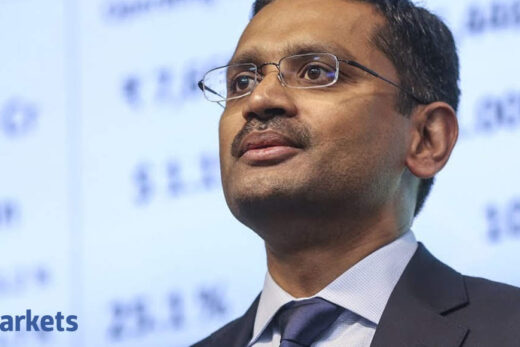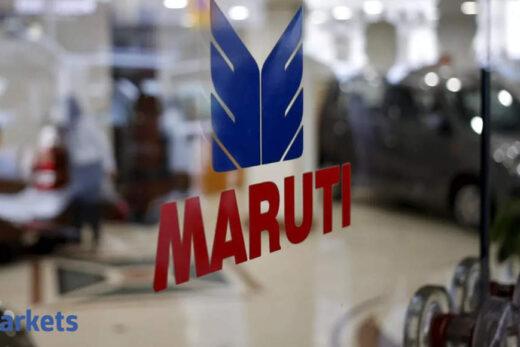The stake sale is crucial for the Narendra Modi government to showcase its commitment to monetise assets and at the same time raise resources when state spending is surging due to the Covid-19 related strain on the economy.
The Appointments Committee of the Cabinet on Wednesday approved the extension of Kumar’s tenure, which was set to end this month.
“The oversight and leadership of the current LIC chairman are seen as crucial to the continuity of the ongoing IPO process,” said a source.
The IPO of LIC is crucial for the government to achieve its divestment target of Rs 1.75 lakh crore in FY22 as announced in the budget by finance minister Nirmala Sitharaman. With Kumar at the helm, India’s largest life insurer is currently in the process of calculating its embedded value, a critical element in arriving at a valuation.
An insurance industry veteran, Kumar has been a LIC employee for nearly four decades. He joined the life insurer as a district recruitment officer in 1983, following which he has headed three different zones.
During the worst year for businesses, LIC had a bumper fiscal year with the highest ever profits in equities at ?36,903 crore, up from ?25,624 crore. It settled 2.19 crore maturity claims valued at ?1.28 lakh crore and death claims for 9.31 lakh policies at ?18,794 crore. It collected the highest ever new business premium of ?1.84 lakh crore in FY21, as per provisional data.
With the fresh extension, Kumar’s tenure as chairman of LIC would be for three years since his appointment on March 13, 2019.
Analysts estimate that the life insurer could be valued at up to ?10 lakh crore. The government in its Money Bill in the budget session made 27 amendments to the LIC Act to facilitate the IPO process.
“It (FY22) is very much possible. The point is that it is going to be big and we want to get it right. Since we have not done this exercise before, we are not able to put a timeline to it,” Kumar told ET in an interview early this year when asked about the timeline for the IPO. “We are working on it and the process itself is more important as we need to get the valuation correct; then we can see the depth of the Indian market.”



